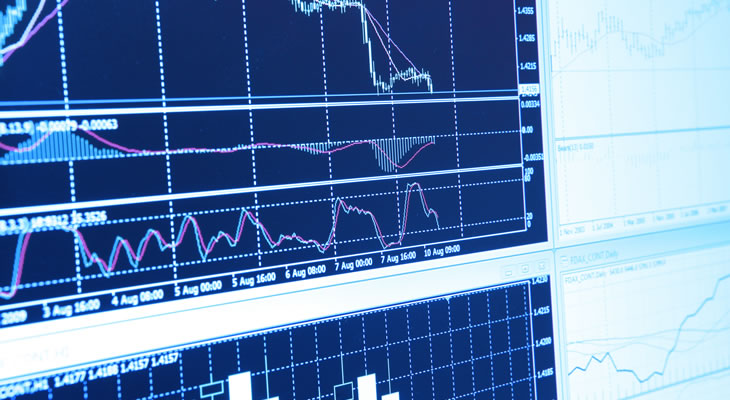Pound to Australian Dollar Exchange Rate Slows Losses on Federal Reserve Speculation
Yesterday saw the Pound to Australian Dollar (GBP/AUD) exchange rate falling, but its losses were limited. Investors are hesitant to sell the Australian Dollar (AUD) too much amid weakness in its currency rivals.
After last week’s broad and occasionally jittery GBP/AUD movement, movement has been cooler this week so far. GBP/AUD has sustained most of last week’s gains, and continues to trend near the week’s opening levels of 1.9560.
Demand for the Pound (GBP) has been limited. UK data was strong last week, but Brexit uncertainties have risen again and are pressuring the British currency.
Meanwhile, concerns that the Federal Reserve could be pressured into cutting US interest rates amid the coronavirus spread are helping the Australian Dollar (AUD) to avoid deeper losses.
Pound (GBP) Exchange Rates Fairly Limp as Risk-Sentiment Dominates
The Pound saw broadly mixed movement last week. The week’s UK ecostats were notably impressive, beating forecasts in many key prints. However, this was not enough to help the Pound to sustain advances.
Instead, Brexit uncertainties returned and weighed on the Pound’s potential for gains. Investors are once again growing anxious about the future of UK-EU relations after Brexit.
EU officials have indicated that it will not give Britain’s financial sector any special treatment. Meanwhile, the UK government continues to maintain that it will not extend the Brexit transition period.
With Brexit still weighing on the Pound, it has been driven mostly by rival movement since yesterday. The US Dollar’s (USD) strength yesterday led to Pound losses, but the Dollar’s weaker performance today has made it easier for Sterling to steady.
Australian Dollar (AUD) Exchange Rates Recover as Markets Reassess Coronavirus Impact
At the beginning of the week, risk and trade-correlated currencies like the Australian Dollar plummeted. Investors reacted to a surprising spread of the coronavirus Covid-19 in Italy, which led to lockdown in some major regions.
Concerns that the virus could see a worse spread than expected led investors to sell currencies associated with risk and trade. Investors instead bought safe havens like the US Dollar (USD).
However, overnight markets reassessed the US Dollar’s appeal. Speculation rose that the impact of the coronavirus could pressure the Federal Reserve to cut US interest rates.
According to Rodrigo Catril, Senior FX Strategist at National Australia Bank:
‘It’s been quite dramatic,
We’ve seen not only a repricing of Fed expectations, but a bigger re-pricing because the Fed is the one that can actually do something in terms of moving the cash rate,’
The US Dollar (USD) is a significant rival to the Australian Dollar. As a result, the ‘Aussie’ has benefitted from today’s US Dollar weakness.
Pound to Australian Dollar (GBP/AUD) Exchange Rate Remains Focused on Covid-19
The risk and trade-correlated Australian Dollar fell on Monday in reaction to the coronavirus spreading in Italy. AUD is recovering today as coronavirus jitters cause a rise in Fed interest rate cut bets.
Investors are hesitant to move too much on the Pound outside of Brexit developments for now, and Britain’s economic calendar is quiet. As a result, GBP/AUD is more likely to remain focused on the coronavirus news that has driven movement so far this week.
If the virus continues to spread at a bigger rate than expected, investors will remain hesitant to buy currencies correlated to risk like AUD.
However, if the threat of the US economy being hit by the virus worsens, the Australian Dollar may continue to benefit.
Australian construction data is due tomorrow and UK consumer confidence on Friday. These could also cause some movement in the Pound to Australian Dollar (GBP/AUD) exchange rate if they surprise investors.


Comments are closed.